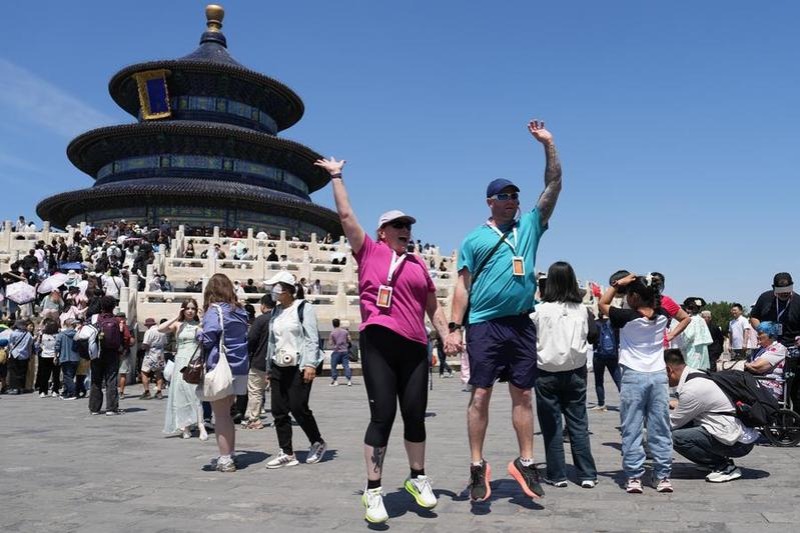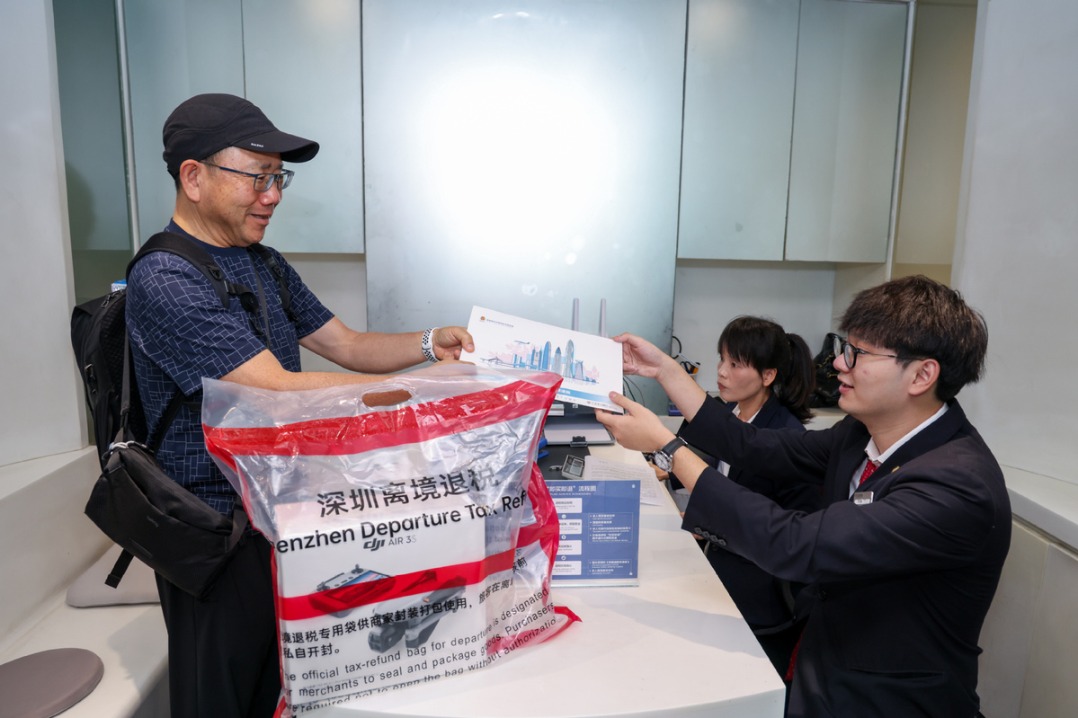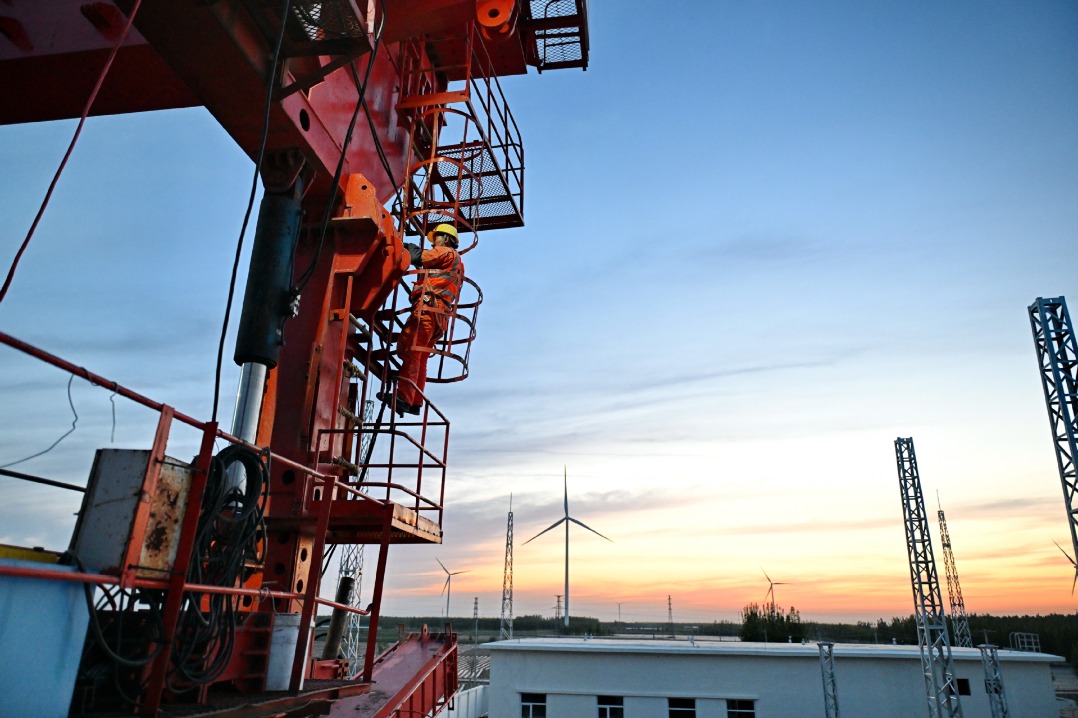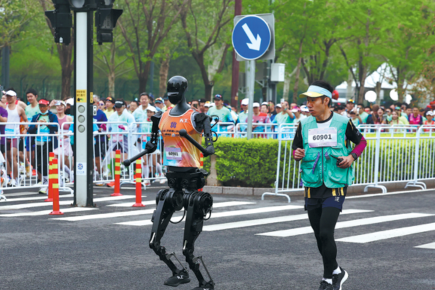Swiss drugmaker to build new manufacturing facility in Shanghai

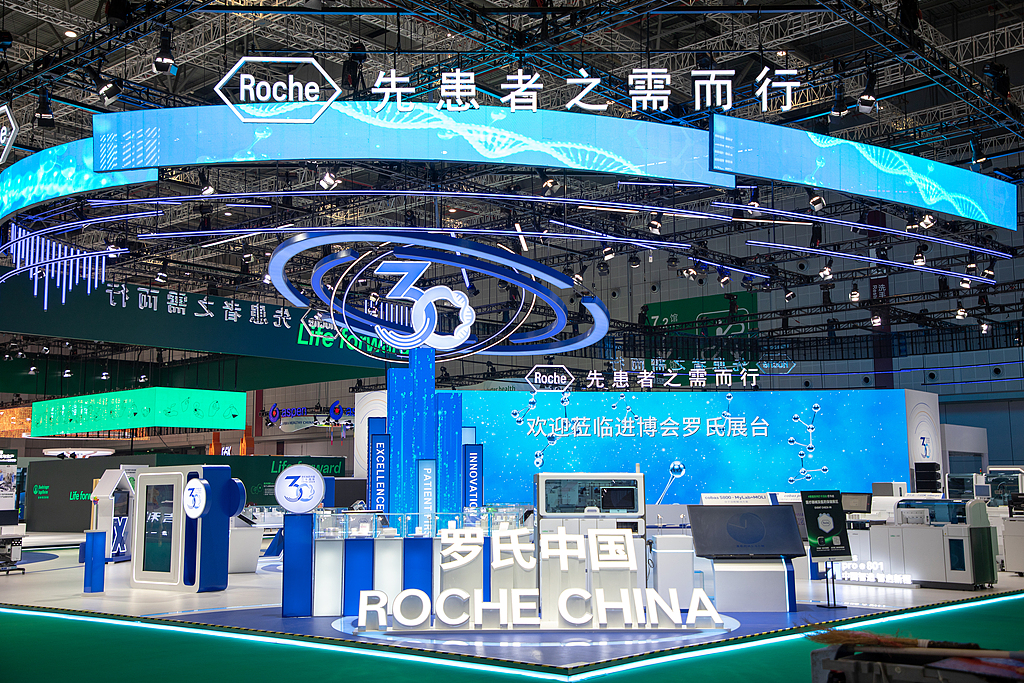
SHANGHAI - Swiss pharmaceutical giant Roche has announced plans to invest 2.04 billion yuan ($283 million) in building a new biopharmaceutical manufacturing facility in Shanghai's Pudong New Area, strengthening its localization strategy in the Chinese market.
The new biologics manufacturing site, in Zhangjiang High-tech Park, will span approximately 35,300 square meters. It will specialize in producing Vabysmo, a bispecific antibody approved for treating eye diseases, in response to the growing demand for innovative medicines in China.
The facility is expected to be completed in 2029 and slated to officially begin operations in 2031. According to the company, this investment will strengthen its entire pharmaceutical value chain in China by enhancing its supply chain and local manufacturing presence.
"Our commitment to China remains unchanged, not only today but also for the years to come, and this new site marks a significant milestone in our journey," said Vivian Bian, CEO of Roche Pharma China. "It also represents a breakthrough in advancing the production of more innovative medicines here in one of our key markets worldwide."
Xu Lai, deputy head of Pudong, called the drugmaker's commitment to investing in China "a forward-looking investment decision." This move, he noted, will help mitigate the impact of global uncertainties, stabilize the supply chain, reduce costs, and better support market expansion.
Looking ahead, Roche will continue to explore opportunities to localize the production of more innovative medicines, supporting the sustainable development of China's biopharmaceutical industry, Bian added.
Roche's investment is the latest example of the growing appeal of China as a strategic hub for global pharmaceutical manufacturing and innovation.
In fact, Roche is not alone, other multinational drugmakers are also ramping up their presence in China, signaling confidence in the country's evolving healthcare market and its pivotal role in the global supply chain.
In March, British pharmaceutical giant AstraZeneca signed a landmark $2.5 billion agreement to invest in Beijing over the next five years.
Under the agreement, AstraZeneca will establish a global strategic R&D center in Beijing, its sixth worldwide and second in China after one in Shanghai. The new center, equipped with an advanced artificial intelligence and data science laboratory, will accelerate early-stage drug research and clinical development.
Also in March, US-based pharmaceutical company Eli Lilly launched Lilly Gateway Labs in Beijing, its first shared lab platform outside the United States.
"China's biopharmaceutical innovation is accelerating at an unprecedented pace," said David A. Ricks, chairman and CEO of Eli Lilly and Company. "China's biotechnology sector thrives on a dual engine -- Beijing's constellation of famous medical universities training great minds and biotechnology, coupled with an environment that's cultivating new company formation."


















